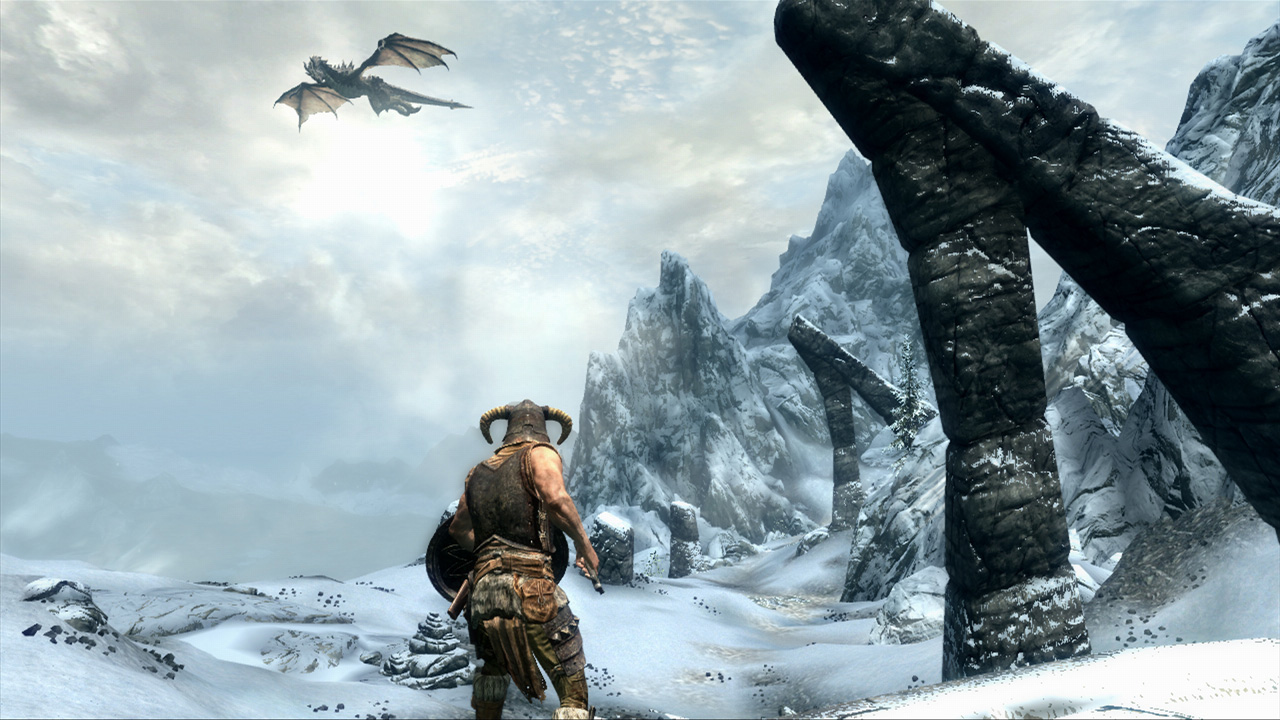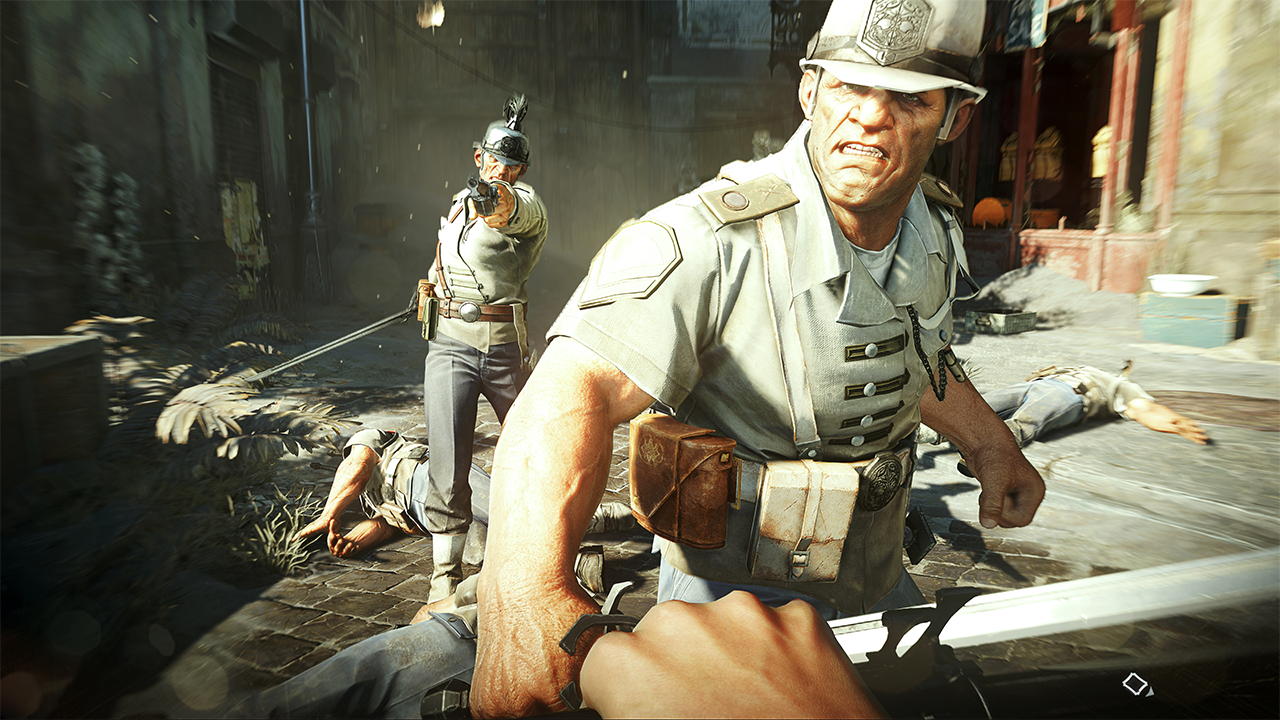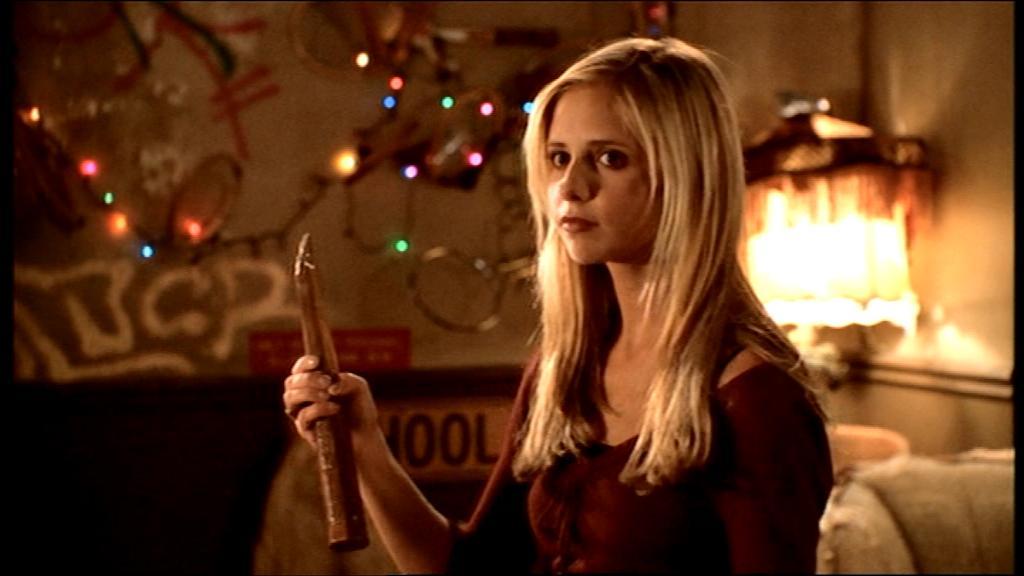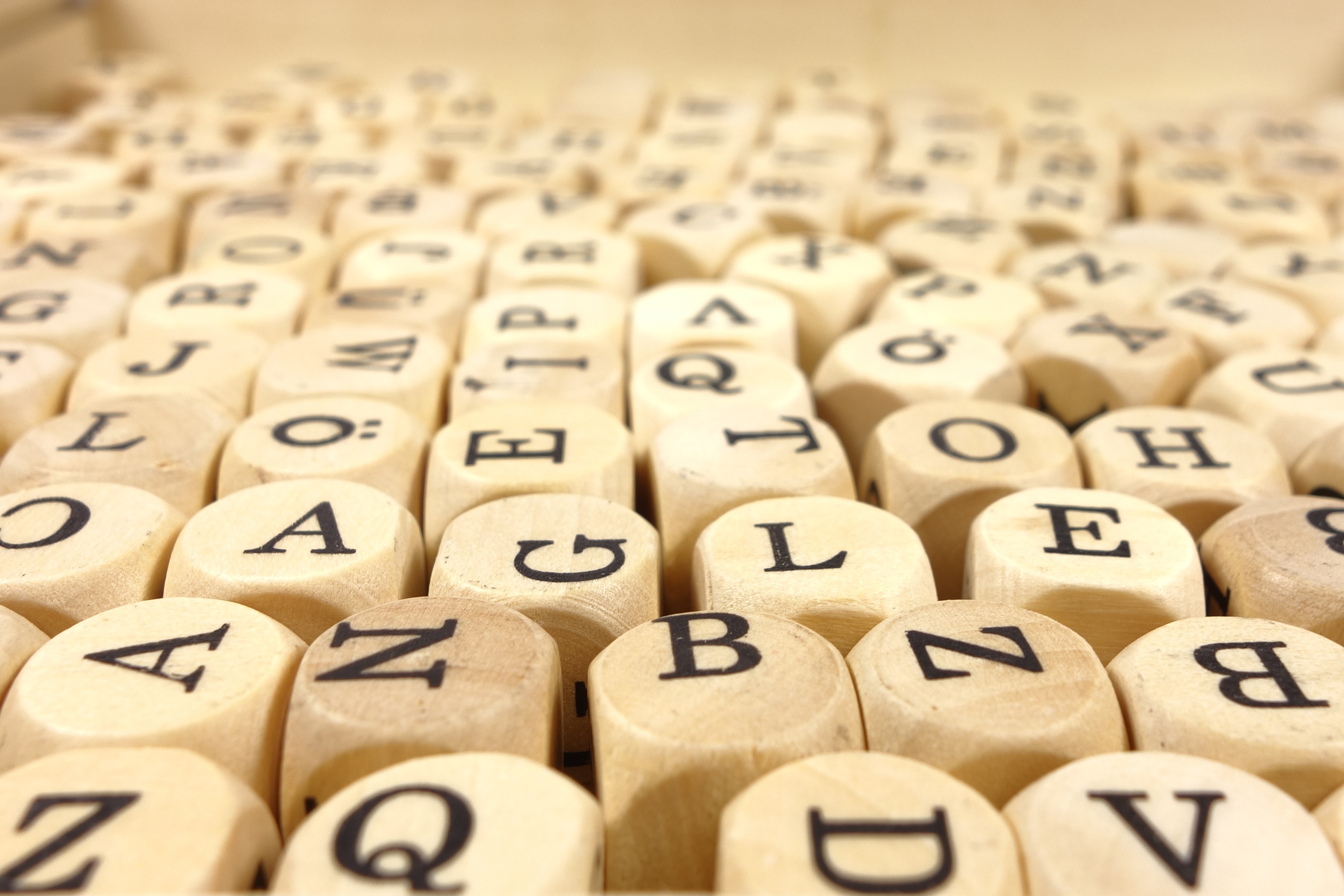While translating words that have a direct equivalent in the dictionary is already a pretty complex task that involves choosing among synonyms and paraphrasing the word that will perfectly match the tone and meaning of the source, what about neologisms? Games are peppered with original places, items and character names. So, what should the translator do when facing a monster called Kalifowler or a place called the Steamscorch Mine? There are several options: keep the original nouns untranslated, translate them literally or partially literally, or create brand new nouns that will have the same impact, whether the desired effect is to add humor (like detective Dick Gumshoe), creepiness (a place called Dreadnaught Galaxy) or a pop culture or literary reference (a level called Midsummer Siege). This involves creating new puns and making new references to places or things that will actually mean something to those players who didn’t grow up or don’t live in the same country as the developers. In video games, character names are often meaningful or punny, that is to say, their names have some significance (ancient gods, constellations, positive adjective, etc.) or contain a pun (think Pokémon), or both.

In Skyrim, the various locations have names that indicate clearly what they look like, for example Frostflow Abyss
The solution that consists of creating brand new neologisms is the best one, in my opinion. These original translations, the purpose of which is for the target audience to relate to both the world of the game and those who play in the language the game was originally written in, are called Wollseyisms. The number one goal for everyone involved in the production of a game, from the original game writers to the translators, is to give players the best possible experience, including successful immersion into the game world. While playing, we forget about the outside world and we agree to believe temporarily that the world on screen is real. This is what is called the suspension of disbelief. If something suddenly stands out, be it an NPC stuck in a wall, a checkpoint that doesn’t activate and fails to give the next goal, or a character that says something that makes no sense or is totally wrong in the context—like Barbie using PG rated swear words, or a soldier using medieval English on D-Day—then the player is violently brought back to reality and the belief in the imaginary world dissipates. A badly translated city name can be responsible for this. I played Dishonored 2 in French recently, an adventure/stealth game rated PEGI 18 in Europe, and I actually laughed out loud when I saw that “Dust District” was translated as “Poussièreville”, which sounds very much like a city that would appear in a game for toddlers—like Miniville (Toy Town) in Noddy’s adventures—and lost its alliteration in D at the same time. Surprisingly, they kept the original names for the other locations, like Dunwall or the Dreadful Wale. Of course, I’m not entirely blaming the translator (or anyone in particular for that matter). I know how localization is often treated as an afterthought in AAA games, with very little time allocated and a lot of pressure, which deals a significant blow to creativity.

Dishonored 2, a game in which no place should be called Poussièreville
Of course, I am only talking here about neologisms. If the cities or people are real, then their names must be respected. We can’t go renaming Alexander Graham Bell, who appears in Assassin’s Creed Syndicate, as Alexandre Gérard Cloche.
Another thing to take into consideration is the significance of the character in the game. Usually, the main characters and their sidekicks, especially in realistic games, keep their names and original nationality. It would have made no sense to give a French name to Lara Croft (Laura Crault?) when it is clear in game that she is the daughter of an English lord. Similarly, Mario and Luigi are Italian, no matter what language the games are localized into. The original names of iconic characters may even be known to the French public before the games are localized. It is essential to research existing works and to consult with the client. Making players angry is not something one should do, even inadvertently.
When World of Warcraft was translated into French in 2004, proper names included, all hell broke loose on the forums and a petition was created. This petition was admittedly signed only by 3,300 people, but that doesn’t mean that only 3,300 players were upset at the change. The people behind the petition called this translation a “massacre”—which I don’t quite agree with, as the localized nouns are very nice and well thought out—and claim that:
“This francization completely modifies the Warcraft universe, which has existed for more than 10 years. These nouns are very well-known references and they appear a great number of times in all the previous games in the series, as well as in the books derived from the game universe. Translating them means modifying the rich and powerful universe that made World of Warcraft an exciting game.”
As I pointed out earlier, if the original names are already used commonly by a core base of players, or in years’ worth of books and other games, don’t change them. Of course, this is often not the translator’s call. Ultimately, it is the client who decides. Money is often involved—localizing proper nouns can mean opening up to a more mainstream foreign market, as opposed to keeping only the core base of hardcore fans happy. Every case is very specific, and the translator must always look into potential past translations or forum discussions about proper nouns. The trend is changing too, I think because foreign players are now more aware of the original English version of a TV show or game, mostly thanks to the internet. The best practice used to be “translate everything” in movies and games, which resulted for example, in French, in C-3PO being originally renamed Z-6PO, Chewbacca becoming Chiktaba—which is the translation of the contraction of “chew” and “tobacco”, like Chewbacca—and Han Solo changing his first name to Yan.
Source: http://www.le-toaster.fr/toast/chewbacca-chiqueur-tabac/
If a game is released on the same date in all languages, which is a called a sim-ship and is becoming more and more common, and in the absence of any prior work (video or tabletop game, book, movie, etc.) which takes place in the same world or with the same characters, there is no reason why the proper nouns shouldn’t be localized. I am known to insist quite firmly when a client asks me to keep the proper nouns in English. Almost every single time, the client ends up agreeing with me and getting the proper nouns localized. The thing is, game writers are very proud of the names that they spent so much time painstakingly creating and which may include private jokes for their friends and families or puns based on their favorite movies or books. The problem is that movie and book titles are translated when the works are released in France. Sometimes, they are even translated into another English title. The point is that, since the book and movies have been published under different titles, keeping the original title references in the character or location names means that the reference will get lost. And as for private jokes, what are the chances that the friends of the developers will play the game in French? Or maybe they want to send a subtle hint to a long-lost French love interest that they never forgot, ever since their high school trip to Aix-en-Provence? They should tell their translator! It’s entirely possible to add a new private joke or hidden message in a suitable part of the game.
Sometimes it is impossible to keep the original name if it is offensive in the target language and the translator needs to do what is called a clean dub, which implies using a completely different noun, one that is “clean” in the target language. In Final Fantasy V, Butz’s name was changed to Bartz, since it sounded like “Butts”. Interestingly, in Phoenix Wright Ace Attorney, Larry Butz’ name was created by the localizers – apparently to allow a joke in a dialogue. Nouns must also be changed if they are already used in another unrelated work of fiction—which could cause copyright issues—or would create any kind of unintended reference that is not present in the original text, such as expressing political or religious views, using rude words, mentioning a famous show or movie, etc. Regarding the latter, I recently worked on a game that has a character named Buffy, which can only be one person in France… Sadly, the developer insisted on keeping it, even though this was not an intended reference. At least it will make the players laugh, which fits the tone of the game.

The only person that springs to a French mind when reading the name “Buffy”
So it seems that translating proper nouns in video games is not straightforward. Many things must be taken into account, for example, whether the places and people are real or if they are fictional but already famous among speakers of the target language. As always, it is essential to communicate with the game developers or writers to check how far they want localization to go. Some of them insist on keeping all the original nouns, while others give free rein to the translators so that they can create new nouns as true to the source as possible. Painstakingly-crafted translated nouns, which perfectly reproduce the feel and effect of the originals, have a significant impact on the immersion of the player. If the noun is creepy, keep it creepy; if it is funny, keep it funny, if it rhymes, contains an alliteration or another stylistic device, use it. Of course, this goes only as far as the target language rules allow and often means that the translators will have to rack their brains to find a suitable solution.
 English
English French
French

Awesome post, Sandrine! Glad to see you finally got that blog going (it would’ve been quite a waste of talent) 🙂
Thanks Marianna! Your invitation to write a post was the kick in the butt I needed!